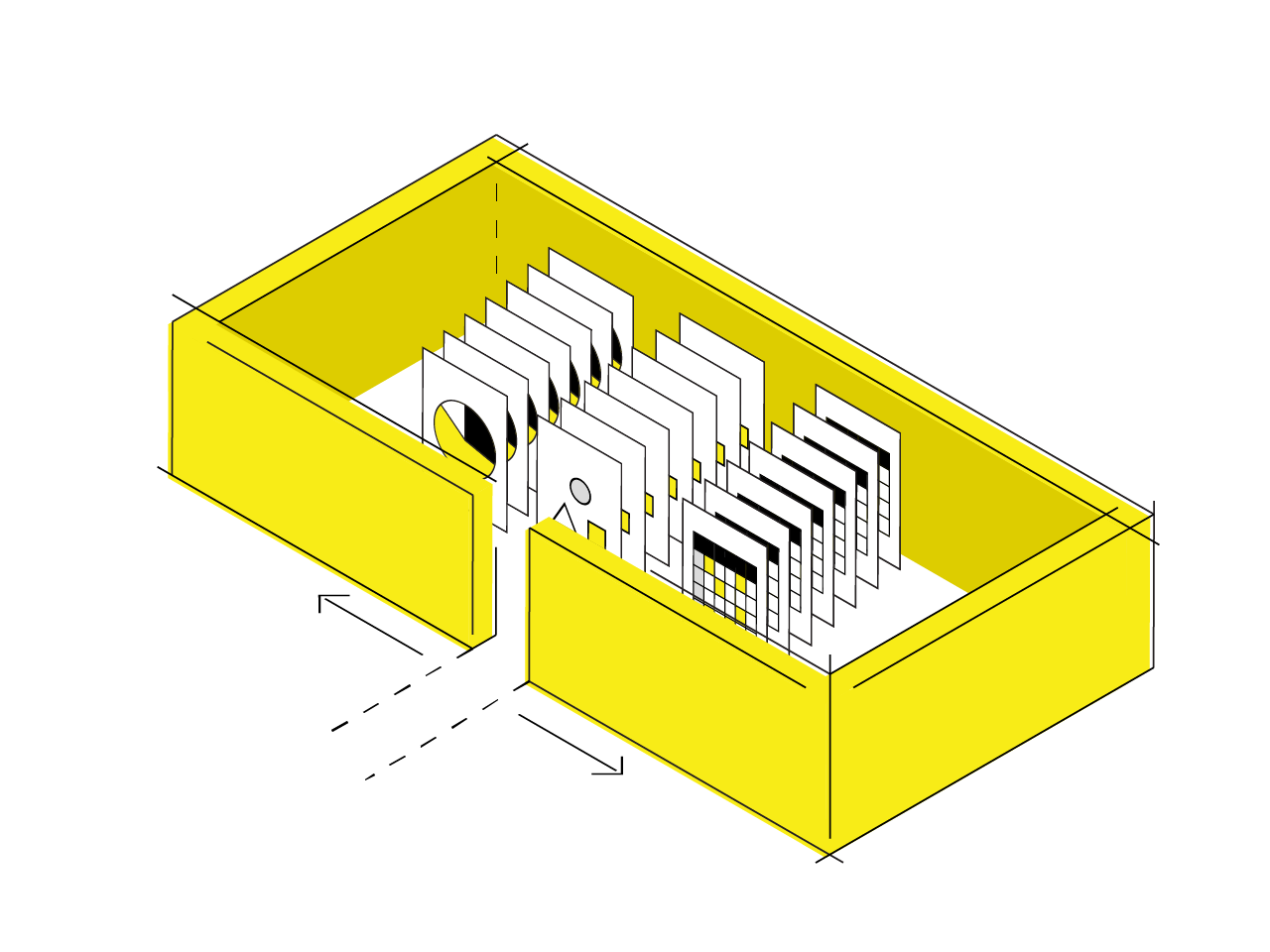A Public Infrastructure for Open Access
To address the world’s greatest challenges, research needs to be open. During the pandemic, publishing companies dropped their paywalls to COVID-19-related articles, and researchers were able to share their work freely. Many have concluded that the open sharing of COVID-19 research accelerated the development of treatment protocols and vaccines.
However, the current academic publishing system, built on the free labor of scholars, produces high-priced commercial journals that are inaccessible not only to most fellow researchers but also to nearly all practicing physicians, journalists, policymakers, and citizens. These journals do not facilitate the sharing, collaboration, and coordination necessary to provide solutions to society’s most demanding needs. This has led to a call for Open Access, which is the free online availability of peer-reviewed research articles.
 Today, approximately half of all research articles are Open Access and freely available to read, yet new barriers have been created for authors to publish. These barriers, including Article Processing Charges (APCs) and the current academic incentive structure, are not impacting authors evenly. There is growing recognition that open-access publishing models that rely on APCs paid by authors are neither equitable nor sustainable. Researchers, including those early in their careers, as well as those in the Majority World, often lack the financial resources necessary to pay APCs. What is more, instead of negatively impacting the profit margins of commercial academic publishers — which currently yield up to 40% profit — open-access publishing models have provided a new revenue stream for publishers through high-priced APCs.
Today, approximately half of all research articles are Open Access and freely available to read, yet new barriers have been created for authors to publish. These barriers, including Article Processing Charges (APCs) and the current academic incentive structure, are not impacting authors evenly. There is growing recognition that open-access publishing models that rely on APCs paid by authors are neither equitable nor sustainable. Researchers, including those early in their careers, as well as those in the Majority World, often lack the financial resources necessary to pay APCs. What is more, instead of negatively impacting the profit margins of commercial academic publishers — which currently yield up to 40% profit — open-access publishing models have provided a new revenue stream for publishers through high-priced APCs.
In addition to the content itself, the infrastructure on which research resides must be open, too. Over the past ten years, much of the critical infrastructure supporting open-access content, including F1000, SSRN, and bepress, has been acquired by commercial publishers. Open-access research is at risk of enclosure when hosted on a closed, proprietary, or commercial infrastructure.
What needs to be done?
The European Union (EU) has already adopted a mandate for the open sharing of the research it funds through the Horizon 2020 Programme (with a 6-12 month embargo period). Yet obstacles still remain. To address these, last year under the Swedish Presidency, the EU Council released Conclusions calling on the European Commission and Member States “to support policies towards a scholarly publishing model that is not-for-profit and open access, with no costs for authors or readers.” The Conclusions are comprehensive and widely endorsed and recommend a move away from APCs, support for nonprofit publishing, no embargoes for research articles, reform of research assessment, and the investment in non-profit open-source infrastructures for publishing.
The support of non-profit, community-driven, open-access publishing and infrastructures is essential to advance equitable access to scholarly communications. It is an important pillar of the Digital Commons. This approach focuses on publicly funded, scholar-led initiatives that develop infrastructures and capacities to support journals without the need to outsource to commercial publishers. The Commission recently issued a tender to support global cooperation in non-profit open-access publishing, which, in addition to Member States, is open to many countries in the Majority World. This type of global collaboration is crucial, as Latin America pioneered non-commercial open-access publishing, yet the publishing ecosystem in the region is under threat from the troubled APC model developed in the Minority World. The Commission is also considering how to transition Open Research Europe (ORE), the open-access platform for European Commission-funded research, into a non-profit European publishing platform open to all. Currently, ORE is hosted by F1000, which is owned by the commercial publisher Taylor & Francis. In December, the Commission issued a tender for the development of an open-source publishing platform that will “underpin” ORE as of 2026.
Europe’s opportunity
The EU should swiftly adopt measures to support non-profit, community-driven open-access publishing by moving away from APCs, establishing a policy of no embargoes for research articles, reforming research assessment, and building on its funding program by developing a policy in support of global cooperation. In addition, the Commission should move to quickly ensure that the entire ORE platform is hosted on the Public Digital Infrastructure.
However, the most sweeping tool at the EU’s disposal is the introduction of harmonized secondary publishing rights for publicly funded research. This would give authors the right to make their works open access through repositories without regard to the terms of the publishers’ contracts. While seven Member States have such rights in their national legislations, six carry embargo periods ranging from 6-24 months. To allow for the open sharing of research to tackle the mounting global challenges facing society, the EU should introduce harmonized secondary publishing rights for the immediate sharing of publicly funded research — either as a stand-alone measure or — as we propose elsewhere — as part of a Digital Knowledge Act.




